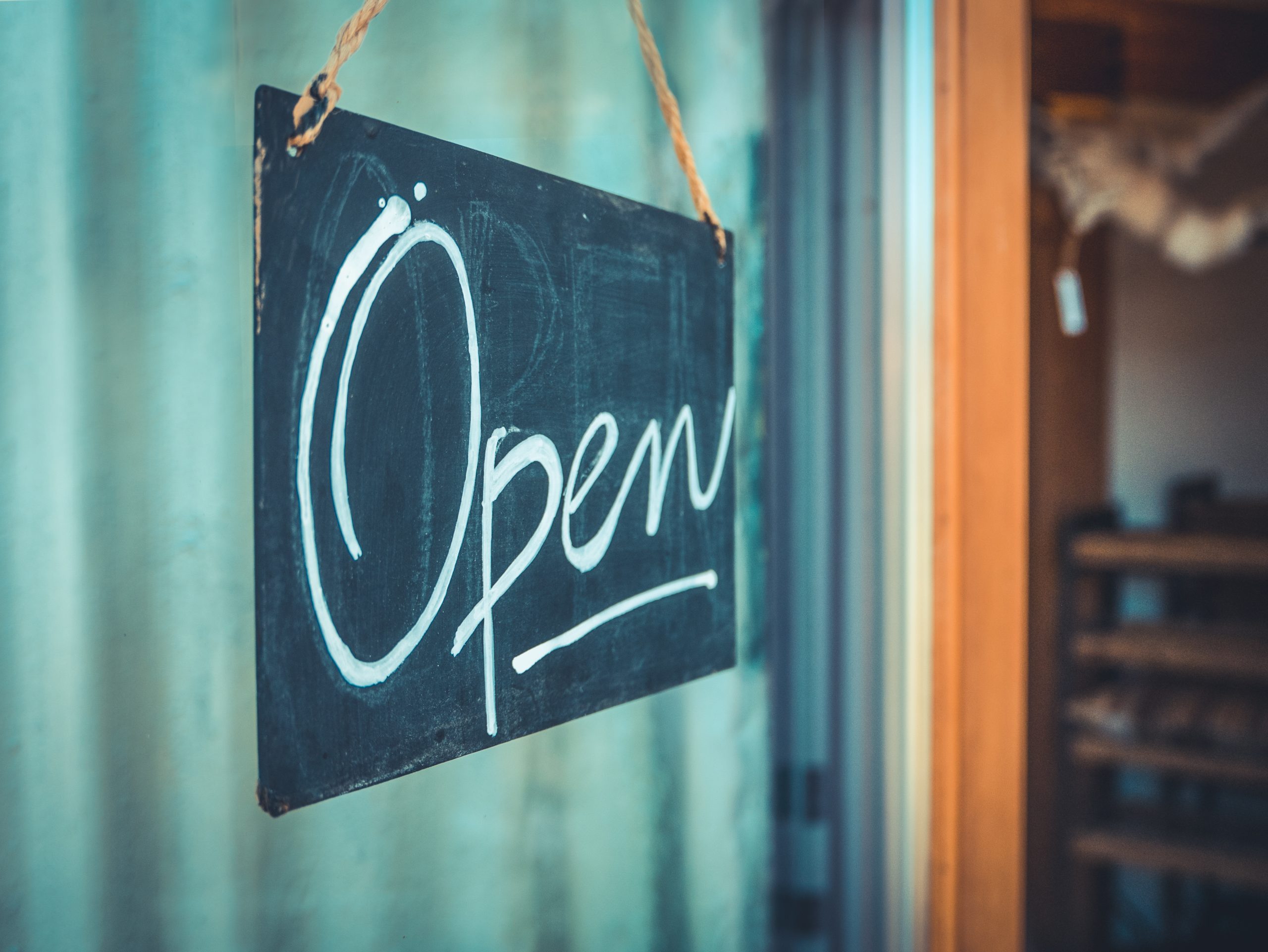
In the wake of the COVID-19 pandemic, many states are battling the idea of keeping cannabis dispensaries open as an “essential business.”
Most legal states, including California and Colorado, have deemed cannabis shops to be essential services. Many locations have also instated delivery services and curbside pickup to abide by social distancing rules.
Closing Doors
Other legal states, however, have taken a different approach. In Massachusetts, an adult-use state since 2018, Gov. Charlie Baker decided to close recreational dispensary doors. He explained his decision to Marijuana Moment:
“There is tons of evidence that because Massachusetts is one of the few states in the Northeast that has legalized recreational marijuana, that if we make recreational marijuana available as an essential business—remember, medical marijuana is available as an essential business—if we make recreational marijuana available, we are going to have to deal with the fact that people are going to come here from all over the place across the Northeast and create issues for us with respect to the fundamental issue we are trying to solve for here, which is to stop the spread. For that reason and that reason alone, I think this is just a non-starter with us.”
Fear in Inaccessibility
Dispensaries and patients in the state are petitioning Gov. Baker to keep their recreational operations open. For many, the plant provides essential medication, whether or not they have a medical card.
Shannon Venezia, a former medical patient, said she let her medical card lapse after the state became recreationally legal. With recreational dispensaries closed, she now lacks access to the plant that has prevented her seizures for the last four and a half years.
“I have no idea what I’m going to do,” if the order stays in place, she said to NBC News. “Am I going to have to go to the black market, or am I going to have to try and get my card renewed and potentially expose myself to people who are sick?”
On the other hand, the states that have kept their dispensary doors open have seen a surge in sales. According to The New York Times, cannabis sales spiked more than 150% in the San Francisco Bay Area after the issue of a stay-at-home order.
Liz Connors of Headset, the cannabis market research company, said edible sales have reached heights typically only seen around 4/20.
“It shows that a lot of people think cannabis is just another consumer good, like beer or wine.”
A Lose-Lose Situation
Amongst the inherent issues of closing dispensaries is the fact that the legal cannabis industry currently employs over 240,000 full-time employees. Regardless of these jobs, strict regulations, and tax revenue, the federal government continues to ignore the industry’s legitimacy. Without federal acknowledgment, the industry remains cut off from nearly all benefits, including emergency relief funds.
On top of being forced to shut down, these companies are left with little to no hope for relief. A letter sent jointly by five different cannabis organizations desperately sought recognition and relief.
“The ineligibility of cannabis businesses for disaster assistance loans is especially inequitable given that these same cannabis businesses are required to comply with other coronavirus-related measures, such as paid sick leave coverage,” the organizations wrote, according to Weed Maps. “We are not seeking special treatment for state-legal cannabis businesses. We only seek to have them treated on an equal level as all other job-generating, tax-paying companies in this country.”


I don’t agree with a shut down of dispensaries, but they should be restricted to curbside pick up and delivery only. The employees are people too who deserve to be safe. Many customers I see come in are rude and demanding, plus over half I speak to think this virus is a hoax.